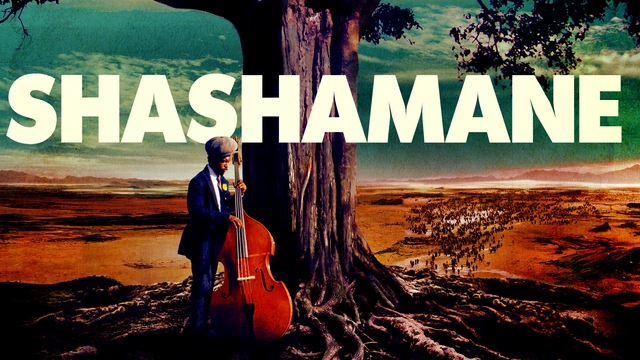Africa's history is stained with suffering; but after generations of slavery, oppression, and diaspora, many ancestral Africans are now returning to reclaim their heritage. In the heart of Ethiopia, Shashamane was dedicated by King Haile Selassie as a homeland for those of African descent. This thoughtful and beautifully shot documentary follows those who have heeded this call to return to their ancestral home and recover their African identity.
"It was very important to know who I am. I knew I was an African taken from Africa, born in the West." Despite his Western upbringing, Ras Mweya Masimba always felt a deep connection to the land of his forefathers and made the journey to settle in Shashamane.
"All of us who made it up here…we are the true revolutionaries." After making the journey to their ancestral homeland, these pioneers wish to build a new Africa that works for its people.
After all, the impact of slavery and oppression continues to resonate, generations after their official abolition. Societies are still divided along ethnic lines - the same lines by which they have historically been forcibly separated; as Dr. Clinton Hutton, lecturer at the University of the West Indies, explains:
"Even in the Caribbean territories today, the big owners of the economy do not look like the majority of the population. And it has nothing to do with over 350 years of enslavement?"
These ongoing ethnic prejudices have inspired many people to proudly assert their African heritage. However, resettlement is not without its difficulties.
"It's a joy to be back in Africa, but it's a very great challenge," says Ras Kamba, who also immigrated after growing up in the West.
"It's not a bed of roses - well - the roses are there, but so are the thorns."
Ethiopia's sprawling rural landscape provides the magnificent backdrop to this story of people reaffirming an identity lost to centuries of oppression. But after coming to terms with a difficult past, will the people of Shashamane be able to consolidate a prosperous future for themselves?
 Africa's history is stained with suffering; but after generations of slavery, oppression, and diaspora, many ancestral Africans are now returning to reclaim their heritage. In the heart of Ethiopia, Shashamane was dedicated by King Haile Selassie as a homeland for those of African descent. This thoughtful and beautifully shot documentary follows those who have heeded this call to return to their ancestral home and recover their African identity.
Africa's history is stained with suffering; but after generations of slavery, oppression, and diaspora, many ancestral Africans are now returning to reclaim their heritage. In the heart of Ethiopia, Shashamane was dedicated by King Haile Selassie as a homeland for those of African descent. This thoughtful and beautifully shot documentary follows those who have heeded this call to return to their ancestral home and recover their African identity.






